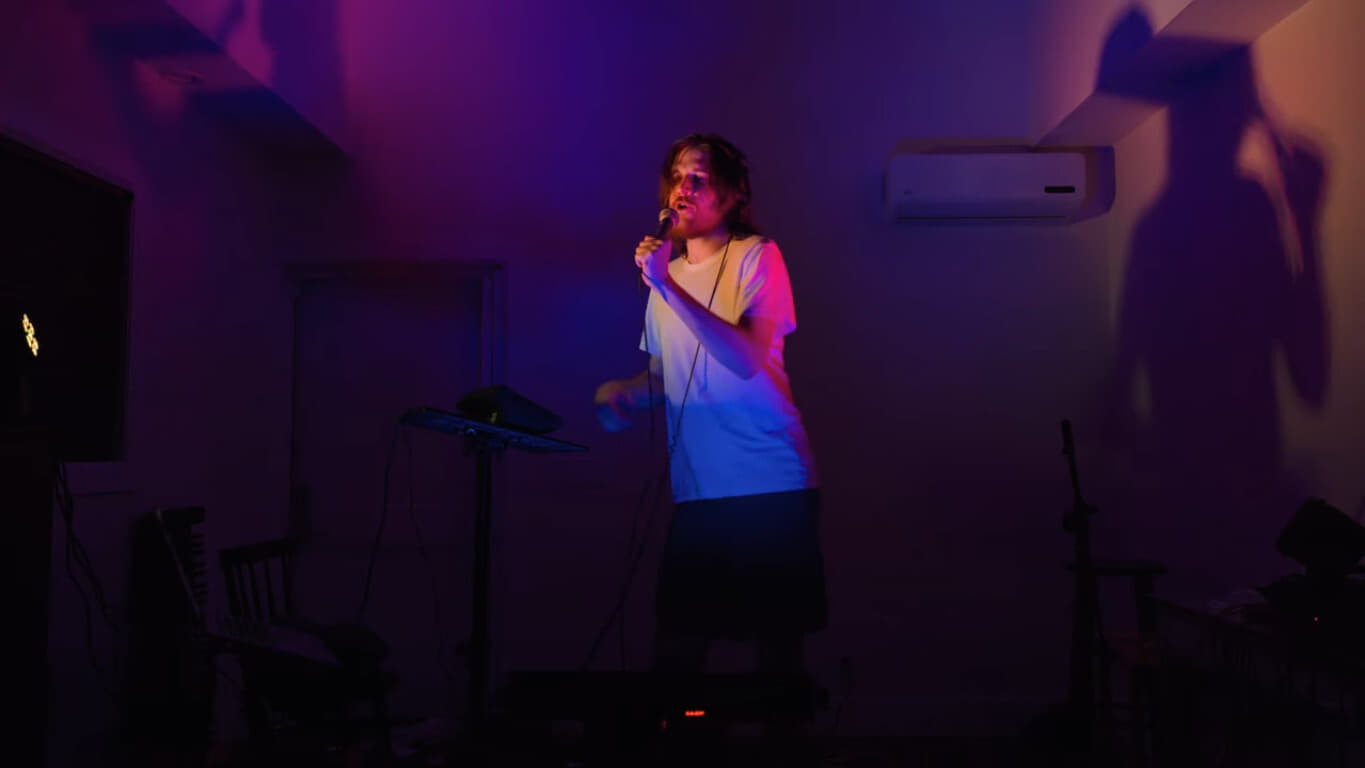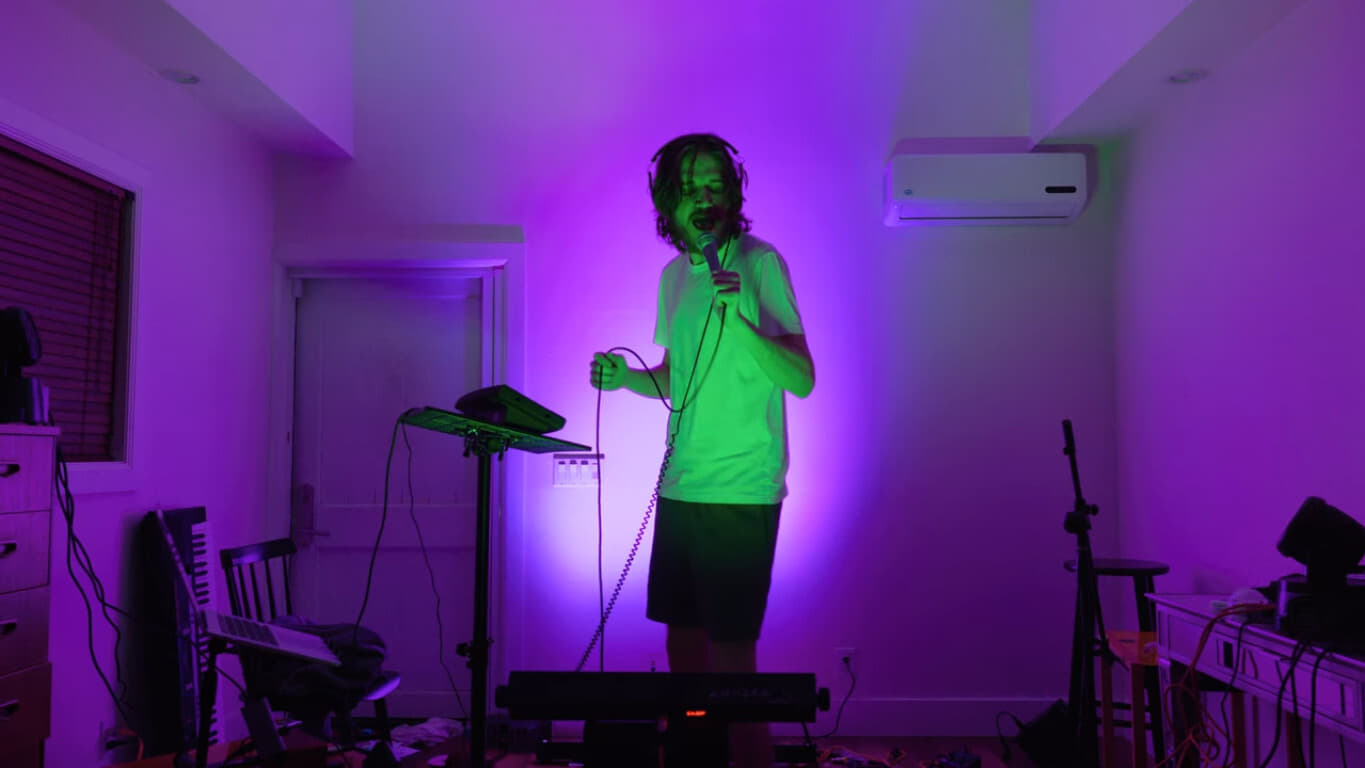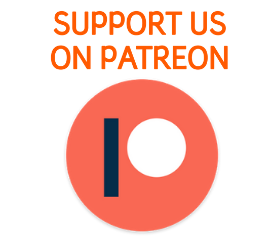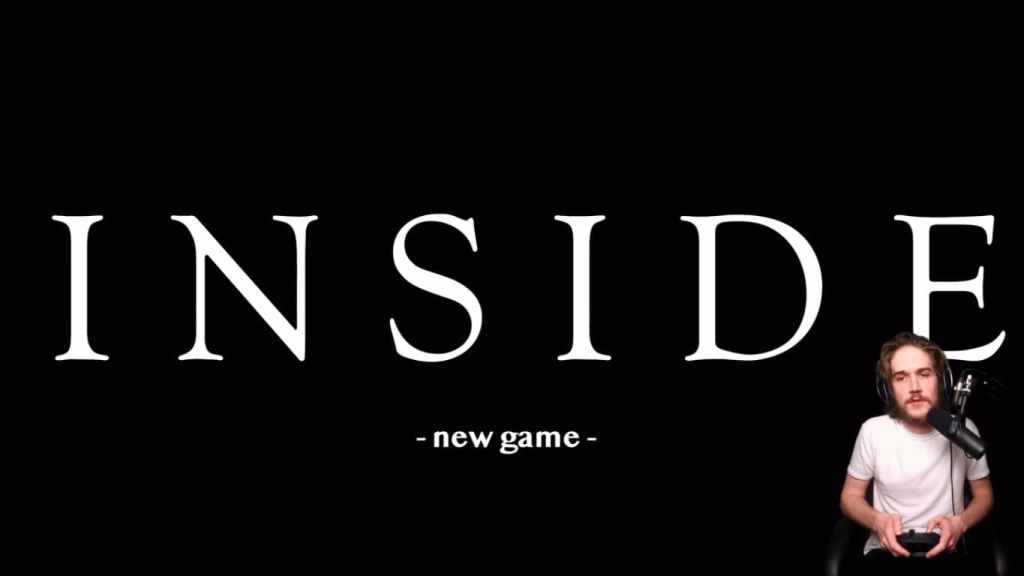Earlier this month saw the release of Bo Burnham: The Inside Outtakes. As far as Inside was concerned I dreaded a rewatch despite it being my #1 film for 2021. This will not shock anyone, but so much of Inside is raw, intimate, and personal not only to its subject but also to myself. I was only a few months out of inpatient by this point. I was finally coming to terms with so much in my life that I had unwittingly ignored through negative self-coping. There is something about falling in love with something during a sensitive period that makes it cautiously wonderful. You’re not quite sure if it’s safe anymore, but you know it’s important to you.
The Inside Outtakes is a companion piece to a legitimate piece of personal fiction, albeit one that is much closer to the abstract. All thought is abstract, and we largely are convinced of what we say and do before we’ve done it. Our modes of motion and language are simply translations of the abstract, and thus we can understand that an otherwise wordless piece of media such as The Inside Outtakes functions solely as a companion conversation with Inside. It’s further details to something already shared. It doesn’t really add anything even if we all saw that Joe Biden track shared around as if it would. Sure, it’s a banger, and it’s easy to go, “How did he not put that in the final cut?”, but it’s easy to understand that Inside is both aware of the present moment (the duration of the shoot) while also aware that it will be finished media and thus needs to be engaged in a more singular manner. So, a track like Joe Biden would seriously remove the viewer from the original text unlike something like the several Bezo’s tracks. The Bezo’s duology (and now quintopoly I guess?) is far more in line with the looming dread of techno-capitalism, as well as the collective “technology will save us!” mentality we all have. A track like Biden is just funny because obviously.
But The Inside Outtakes isn’t really a narrative. There isn’t a progression. In fact, a few songs get featured but mostly as “takes”, and the way they’re provided is wholly interesting even if that’s all it is: interesting. There isn’t much to contemplate. That isn’t to say it isn’t emotional at times. I humiliatingly cried over Chicken, a song that I can completely see disrupting the flow of Inside despite being a solid addition to the self-aware catalog of Bo Burnham. If anything, The Inside Outtakes joins a pantheon of “Films to show in Editing Classes” alongside The New Mutants and the newly released Jurassic World Dominion. Although the latter two express what not to do in film, the former details the importance of trimming films into a focused group.

The Inside Outtakes is mostly just something interesting and occasionally engaging. It doesn’t really add anything, but it is a clever way to create new content out of old content. So much is left on the cutting room floor of content creators that they never use to pioneer increased engagement. Maybe that sentence is almost antithetical to Inside. Probably. But, only in language. In the abstract, the idea that we cut so much from what we do without realizing it also has value or opportunity is silly. Everything we do can be worthwhile.
More importantly, with the release of Bo Burnham: The Inside Outtakes – and finding it mostly okay as a piece of content, but not necessarily as strong or cohesive – I was attracted toward a rewatch to something pivotal and relatable, so starting late at night I put on Bo Burnham: Inside and gave it another try.
It was… hard. There’s something uniquely painful about art that I don’t think is often realized. It captures a moment indifferent to the present. A photo of a flower never seeds. A photo of a child never matures. A photo of a relative never dies. But I do. And I wasn’t sure I wanted to have my perspective change on Inside, to either callous against my past emotions or rekindle them. What might awaken? What might return? What might change? If I just let it remain as a memory, maybe then I’ll be safest.
I was a part of a Christian men’s group for enduring against negative self-coping a few years ago and the process helped me to observe something strange about me, but not something strange to Letterboxd users. I wrote to one of the leaders in an email something along these lines: “I think what I love about movies is that I can communicate with them freely and comfortably. More often I believe a film, some director or character or fictional experience, correlates closer to my experience than most interactions I have with Christians, be it a pastor or a fellow attendee. A good film is nuanced, explorative, non-judgmental yet clear in its statements. It’s open ended, yet it has an ending. It’s secure and safe and never changes its mind. I can go back to it, and it’ll think the same about me as I did it.”

“I don’t think this is very good,” I continued, “because I can’t have a relationship with a movie. This isn’t functionally helpful even if it’s enjoyable. Movies aren’t dynamic. They don’t change, and while that’s safe that also means they’re dusty. They collect mold and grow still, bacteria collecting and birthing disease. I can’t stay there, but I don’t see an alternative right now.”
He agreed and replied that this was a sad but important revelation, as most revelations are. We explored it a little more, and I never once felt like I was going to stop watching movies. Absurd. I love movies. And I still feel there are certain films that better capture my life experience and communicate compassion to me than most people I know. That’s not some twisted form of personification, that’s just functionally correct. Not every conversation I have with someone is wonderfully beautiful, but occasionally it moves me. Not every movie I watch works out, but there’s the occasional ray of sunshine that breaks through the blinds and lightens my day.
I still feel this way. And I wonder if I worried Inside might speak to me differently. It didn’t. But I definitely communicated back differently. I was far more reflective on the rest of my journey since returning from inpatient, or even since last seeing this movie. Relapses and difficulties notwithstanding, I found this rewatch more encouraging than frightening. I did, however, feel a new weight I hadn’t before. It was, well, I’m not entirely sure. Something felt sadder. Like, rather than feeling catharsis of understanding – the idea that someone was expressing a lot about how I felt – I think I was more pitiable to my experience. Not critical, mind you. More observant. I think I’m learning a lot more about what it means to stop hating myself, and not just in the moment but my past self, too.
I’ve really spent a lot of time lingering on shame and things I’m guilty for, believing I’m as still as a film; grown rancid and filthy. I’d probably burn quickly like an old reel. And I wonder if my fear was that I’d believe this when rewatching Inside. That the times were a’ changin, and so was I.

And maybe I’m hyperbolic. In actuality, I laughed a few less times and cried a few less times on this rewatch. Was this a particularly spectacular time worth writing so much over? Well, it’s been a few days since I’ve journaled, so maybe this is just my brain exercising some much-needed thoughts.
I’m not sure really what else to say. I’ve shared extensive thoughts on Inside before in my previous review, and even on the Cinematic Doctrine blog I expanded those thoughts even further. I still stand by them wholeheartedly, and like The Inside Outtakes one could consider this an incomplete, incohesive companion piece that helps contextualize some additional, yet already understood information. Nothing you haven’t already learned about me hasn’t already been said, so maybe I am more like a film than I think.
I think, if given the opportunity to beg, I think I’m just waiting for the time when I don’t feel like I need things like this anymore. You know, movies. The kind of film that touches you so deeply. It turns your heart of stone into flesh. It hurts because it’s real, not because its malicious. Maybe I’m more sensitive and aware and kind and sweet and whatever else it is about myself that is better than it was one, two, three, five, ten, fifteen years ago. I don’t like thinking about these things. They make my heart swing and sail. But I beg for a time when I can feel safe and comfortable around others. To stop being Inside and to start going Outside.
Want more Christian-influenced media coverage? Subscribe to the Cinematic Doctrine podcast on iTunes, Spotify, or your favorite podcast app!

Consider supporting Cinematic Doctrine on Patreon! As a bonus, you can gain access to a once-a-month movie poll where you decide a movie we discuss on the podcast, early unedited episodes of the podcast, and merch!!
Melvin Benson is the Founder, Editor-In-Chief, and Lead Host of Cinematic Doctrine. Whether it’s a movie, show, game, comic, or novel, it doesn’t matter. As long as it’s rich, he’s ready and willing to give it a try! His hope is to see King Jesus glorified as far as the east is from the west!

Cinematic Doctrine is available on iTunes, Spotify, Google Podcasts, and other major podcast apps.
